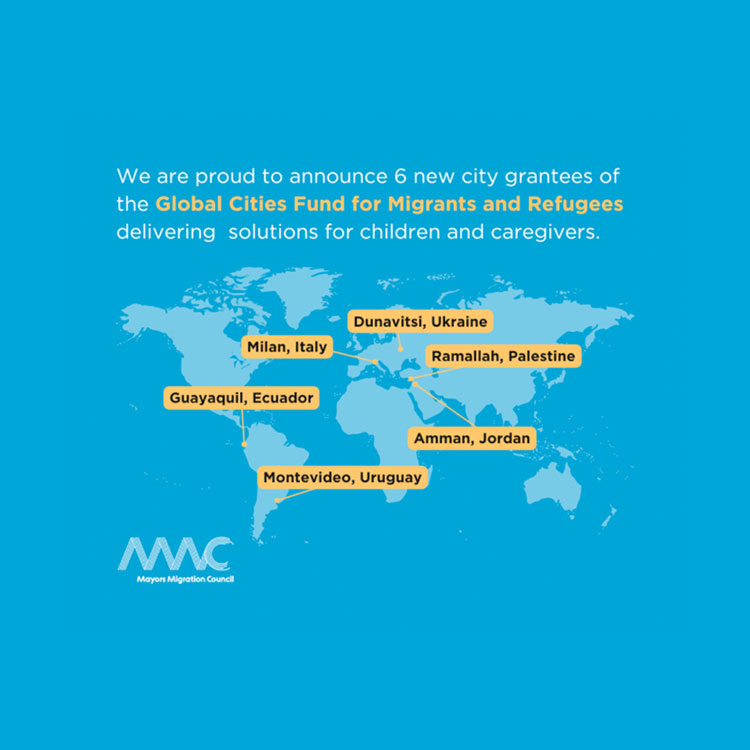Apolitical has launched a newsfeed on Smart Cities and Urban Planning with BvLF’s support. It features case studies, analyses and opinion pieces on what’s working around the world as cities experiment with technology, urban design and policy innovations with the aim of becoming healthier, safer, richer and more equitable.

Photo: Eleazar Cuadros / Bernard van Leer Foundation
Articles include:
- Why the “child-friendly cities” movement is about more than the built environment, also bringing in issues of liveability and sustainability.
- There is no direct correlation between number of playgrounds and likelihood of children playing outdoors, so what else can cities do to encourage outdoor play?
- How the Street Play scheme in England is addressing issues such as overweight children, urban isolation and neighbours who’ve never spoken to each other.
- How two Belgian cities, Ghent and Antwerp, have made their streets safer for children to play in.
- More on how Ghent is trying to become the world’s friendliest city for children.
- How the Mayor of Tirana revived a sense of optimism and civic pride by focusing on making the city fit for children.
- Also, an interview with the Mayor.
- Exploring three successful examples of ambitious pedestrianisation projects.
- In Fortaleza, a pedestrianisation pilot scheme resulted in a 350% increase in usage of the area by pedestrians.
- Chile is using mobile data to find out how and why women and men use the city differently.
- Advocates for child-friendly policies and designs explain what obstacles they face from sceptical politicians and officials, and how to overcome them.
Michael Feigelson, BvLF Executive Director, said: “The Smart Cities and Urban Planning policy topic works to advance best practice, innovation and an evidence base to the people who have the most power to scale policy and programmes: government.”
With members in over 120 countries, Apolitical is a peer-to-peer platform that helps public servants find ideas, experts and partners. Co-Founder and Executive Chairman Lisa Witter said: “Apolitical puts the best solutions and connections at the fingertips of public servants, wherever they are in the world.”




